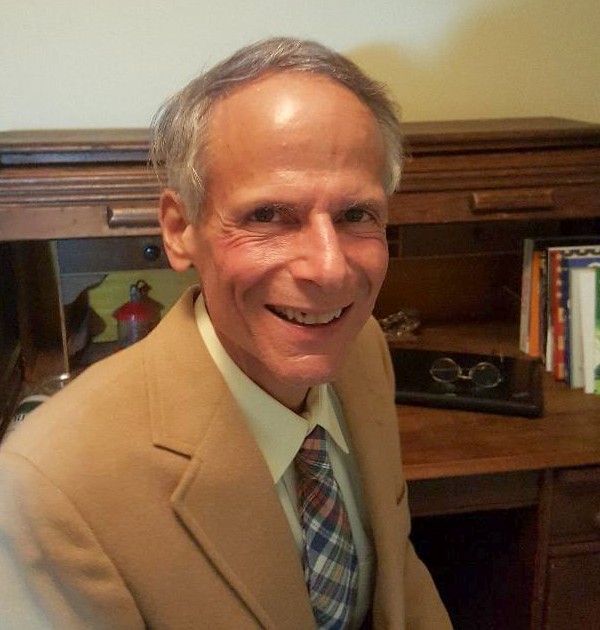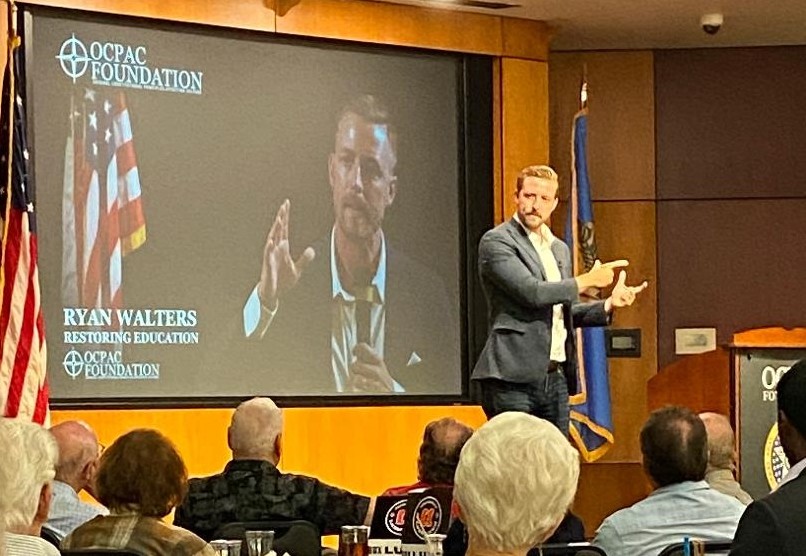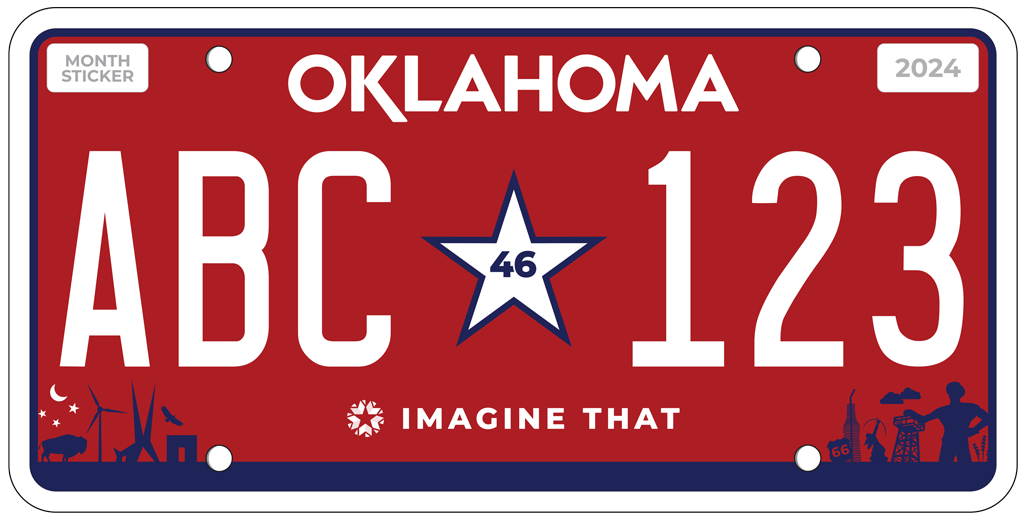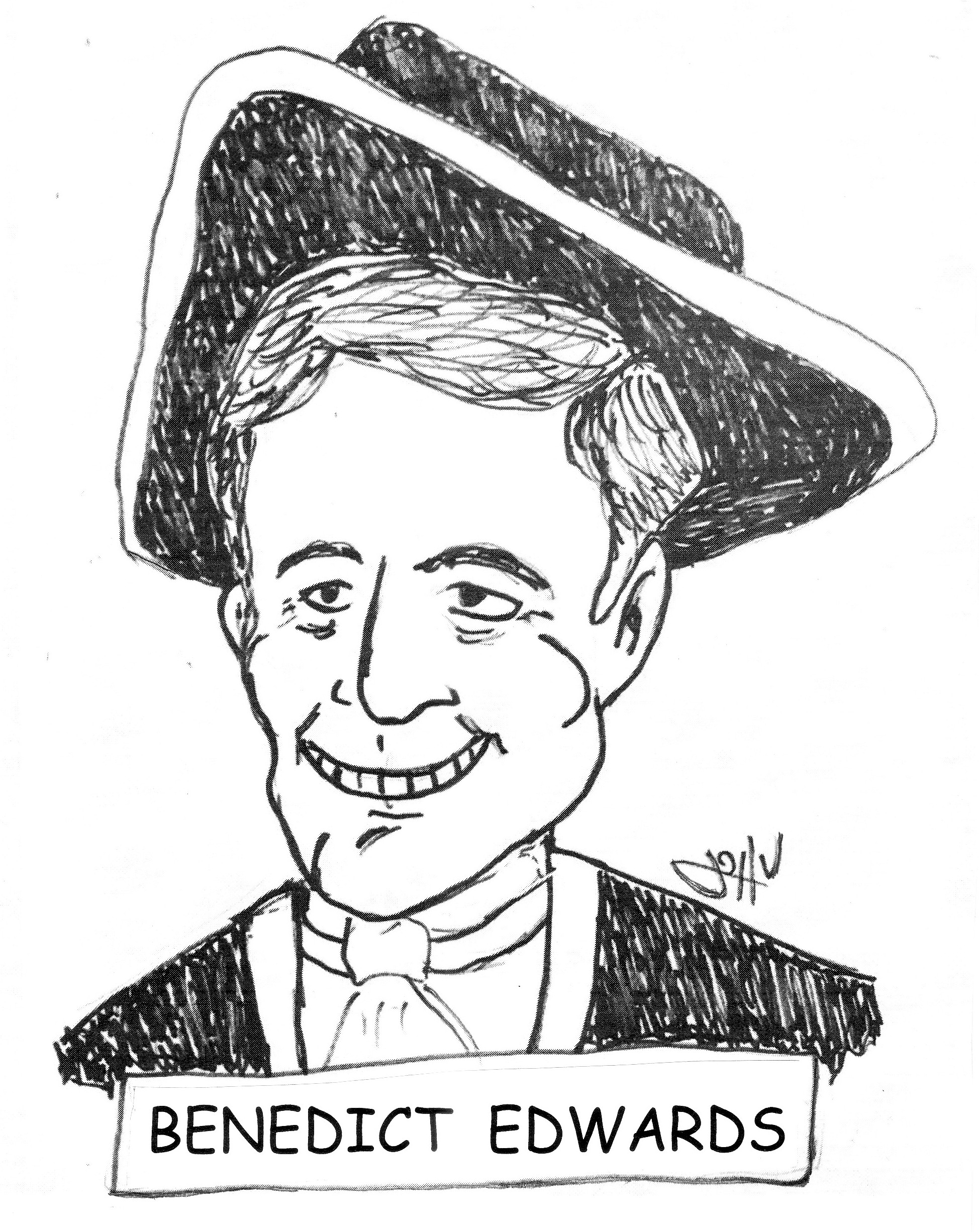Quality Tulsa Candidates on November Ballot
Your intrepid columnist has done just that and come away encouraged by the quality of conservative candidates running for state legislative and local city council offices in Tulsa, my hometown. What follows is an overview of four such prospective office holders. What’s impressive about each one is their successful private sector backgrounds, preparedness to serve, keen insights into their electorates and complete dedication to victory. Success in each race is possible, but far from guaranteed, as each is running against a well-funded Democrat Party incumbent.
Dean Martin (no relation to the late, great entertainer) is the Republican nominee for Senate District 35, which basically covers what is known as midtown Tulsa. It covers from I-244 to the north to I-44 to the south, and from the Arkansas River to Memorial Drive running west to east. The seat is currently held by Democrat and former teacher Jo Anna Dossett, who was first elected in the COVID commencement year of 2020. Ms. Dossett scores a big fat zero in this publication’s 2024 Oklahoma Conservative Index and a lifetime score of 6% , which is the lowest such score of any active state senator. She has opposed legislation to reform our corrupt judicial nominating process, clarify the difference between males and females, discourage illegal immigration, prohibit ranked choice voting, and increase penalties against unlawful occupation of another person’s property.
In contrast, Martin is a life-long Republican whose family moved to Oklahoma from Texas on November 22, 1963. He’s a graduate of OSU, a successful businessman, founder of Crossroads Church in Bixby, father of five children and thirteen grandchildren, and is on the board of Eden Village, a new tiny home community for the homeless.
His website details his support for all the usual conservative positions: pro-life, pro-2nd Amendment, lower taxes, limited government, eliminate bureaucratic obstacles for small business and energy independence. How he’d vote on the issues that divide Republicans, such as judicial nominating process reform or subsidizing major sports league teams with taxpayer dollars, remains to be seen.
Can he win? The district is purple – 40% Republican, 40% Democrat and 20% Independent/Libertarian. Dossett has won twice in large part due to early voting, or as Martin says, “ballot harvesting.” In 2022, she lost the election day vote by 4,000 but won the race by bringing in 8,000 early votes. Martin is employing a similar strategy and hopes to enter election day even on the early voting score. Plus, his extensive army of door knockers are targeting independents, new voters, recent move-ins and reliably Republican votes.
Brad Banks is in a House District 70 rematch against his opponent, Democrat and former educator Suzanne Schreiber. Boundaries for this wealthy, educated Tulsa district are 21st St. south to 81st St. and Lewis east to Yale Avenue. It’s home to the last three Tulsa mayors and current U.S. Congressman Kevin Hern. While Republicans outnumber Democrats by 48% to 33%, Banks says many register as Republicans only to affect change in the primary voting system. “I can tell they’re not even right of center,” he says.
He lost in 2022, his first try at elective office, by 2,100 votes out of almost 17,000 cast. While it’s grown more difficult for an Oklahoma Republican to win in an urban area, Banks says he’s learned from his mistakes and is investing his time better. He’s knocking on more swing voter doors, registered independents and making sure fellow Republicans get to the polls. He’s also listening closely to his voters and gaining a deeper understanding of their concerns. In 2024, they’re talking most about education quality and outcomes, losing teachers to other states, alternatives to college, the local police officer shortage, and crime. His younger constituents are most concerned about issues affecting families, such as housing affordability, getting married, starting a family and the cost of living. “American dream stuff,” he says.
Banks brings a unique background and skillset to the task at hand. He served five years in the U.S. Marines and was honorably discharged in 2006. He graduated college in Texas with a civil engineering degree, is married and father of four children. Banks currently owns and operates a construction business as well as an engineering one. Previously, he was chief engineer for the Tulsa-Rogers County Port Authority and for years has been heavily involved in manufacturing, infrastructure and transportation issues.
He’d like to bring those levels of expertise to the state legislature, as well as focus on protecting Oklahomans from federal overreach, support blue collar trades and programs and do whatever possible to maintain an affordable cost of living for all Oklahomans.
Incumbent Suzanne Schreiber has practiced law, worked for a large foundation, served as president of the Tulsa School Board and was recognized as Tulsa Woman of the Year in 2016. But she’s a down-the-line liberal, scoring 3% on the Oklahoma Conservative Index for 2024. It would have been zero, but she missed the vote on legalizing Ranked Choice Voting, which is a voting process Democrats have used to win office in traditionally conservative states.
Paul Hassink also is in a rematch against his Democratic opponent, incumbent, Melissa Provenzano, in House District 79. This southeast Tulsa district goes as far north as 31st St., south just past 71st St. and Yale Avenue to Highway 169 on its east side. He only lost by 392 votes out of 10,600 cast in 2022, but hopes to win this year by applying the lessons he learned from that campaign.
He’s come to realize that for some people, “government is their God, so they’re always looking for ways that government can take care of me. They vote more aggressively than people who have families and other things to pay attention to.” Since many people with that perspective vote Democratic, Hassink has focused his energies on those who are more family oriented.
Such families often cite education as their most important public issue. Hassink has studied the issue and found that Tulsa’s public schools are struggling. A large percentage of graduates have poor reading and math skills. Some can’t even count change. But instead of teaching them how to read and write, the schools emphasize mental health, or just having the students feel good about themselves. That doesn’t work, Hassink has concluded. “Your self-esteem is tied to what you can actually do. We’ve robbed kids of that by sending them into fourth grade without being able to read.”
A retired engineer and businessman, Hassink is uniquely suited to come up with practical, workable solutions. And he seems to have done that more than his opponent, who is tied to the education establishment. One such solution is returning to an emphasis on phonics, as has been done in Florida and later in Mississippi with great success. The latter saw its reading scores among fourth graders soar from 49th in 2013 to 21st in 2022. This “Mississippi Miracle” prompted Oklahoma to pass a similar law this year (SB 362) that requires teachers to be trained in the science of reading. While it’s just a start, Provenzano didn’t vote on it or even put her name on it.
Another solution is to promote greater parent involvement in the education system. Many parents don’t because they’re also victims of the poor public education methods that have hampered their kids. Therefore, they lack the self-esteem to get actively involved. Oklahoma would be wise to follow the lead of other communities, such as Harlem, which has successfully implemented programs for parents.
Economic growth is a key issue, and Hassink favors an income tax that starts at a higher level than present. While that would benefit everyone, particularly the lower income, Democrats oppose it because it means less revenue for government to spend, or perhaps waste.
He’d also like to empower our schools of higher education to become innovation tanks. The state is losing PhD people and losing many battles for new companies moving here because none of our universities are known for innovation. Changing that dynamic will go far in drawing industry to Oklahoma.
All this is meaningless if he doesn’t win. Increasingly he’s built a trust with the District 79 voters as someone who will do his homework to solve real problems instead of merely crafting meaningless legislation or engaging in catchy sound bites. It’s easier this second time, in large part because voters have gotten to know him better.
Along with building that trust is the message that perhaps his opponent isn’t all that she appears to be. Provenzano scores a zero on the Oklahoma Conservative Index and only an 8% lifetime score, putting her right in line with fellow Democrats but out of step with most of her constituency.
Long-time conservative radio talk show host Eddie Huff would make a refreshing addition to the Tulsa City Council. He is running in Tulsa’s District Seven, which is in southeast Tulsa and covers much of the same area as state House District 79. Born in Germany to mixed race parents, Huff emigrated to the United States after graduating high school. He lived in the projects of Philadelphia before attending Texas Tech to play football. When an injury ended his career, he became “the biggest dope dealer on campus. His life changed when he met someone shortly after graduation who converted him to Christianity.” The experience, he says, “changed my life.”
From 1981 to 1992, he and his wife Vicki and their four children served as missionaries in Holland and Germany, often doing ministry to drug dealers and prostitutes. He entered the insurance business after moving to Tulsa and owns the Eddie Huff Insurance Agency. His interest and knowledge of politics led to co-hosting The Pat Campbell Show and writing hundreds of articles on public policy, socio-political and spiritual topics.
He finished second in the primary to incumbent Lori Decter Wright, who is seeking her fourth two-year term. Although the elections are non-partisan, Huff calls her a “San Francisco liberal” who along with other progressive council members favors spending taxpayer money on social programs, mandates and entertainment instead of much-needed infrastructure repair.
His opinions are those of a true limited government conservative, unlike the many moderate Republicans who populate state government. On spending: “Why spend money on the museums, arenas, libraries (he calls it a haven for the homeless) and sporting events when we need better roads, utilities and public safety? Let those who use them pay. Don’t make others subsidize their entertainment.”
On proposed reparations stemming from the 1921 Tulsa Riot: “Why should we pay taxes to someone who has a grievance for something that happened 103 years ago? People today had nothing to do with it.”
On the homeless: “We don’t want to become a homeless magnet. If you build a facility, more will come.”
Democrats often succeed in the urban areas by misleading the voters of how liberal they are. Huff thinks Wright is no exception. If she and other council members keep winning, he thinks they’ll make Tulsa more like San Francisco.
Wright fell 2% short of avoiding a runoff in the non-partisan primary, beating Huff by 48% to 43% in August. Since then, Huff’s campaign is building momentum.
If the conservative candidates are effective in communicating their message, they’ll win on November 5. Let’s hope they can.
Tim Bakamjian is an independent real estate broker and investor living in Tulsa. He holds a bachelor’s degree in political science from Kenyon College in Ohio and a bachelor’s in journalism from the University of Tulsa. He’s married with one grown child. Political and economic issues have been a life-long interest. He may be contacted at: tbakamjian@gmail.com










Latest Commentary
Thursday 24th of October 2024
Thursday 24th of October 2024
Thursday 24th of October 2024
Thursday 24th of October 2024
Thursday 24th of October 2024
Thursday 24th of October 2024
Thursday 24th of October 2024
Thursday 24th of October 2024
Thursday 24th of October 2024
Thursday 24th of October 2024
Thursday 24th of October 2024